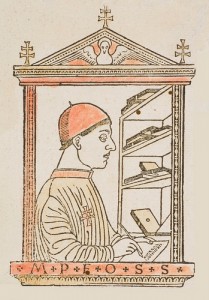Home Rule Begins At Home
 In Wisconsin, the Home Rule Amendment to the Wisconsin Constitution grants cities and villages the power to determine their local affairs and government, subject only to the constitution itself and uniform legislative enactments of statewide concern. The Wisconsin Supreme Court has recognized that the Home Rule Amendment serves not only to empower cities and villages, but also to curtail the power of the state legislature to act within the sphere of local affairs. Van Gilder v. City of Madison, 267 N.W. 25 (1936). The job of defining the proper province of constitutional home rule authority (i.e., what constitutes a matter of “local affairs and government” or a matter of “statewide concern”) falls to the courts and, not surprisingly, it is no easy task. Given the concurrent interest of state and local government in many governmental functions, one may argue that such functions cannot be so classified except by arbitrary reasoning.
In Wisconsin, the Home Rule Amendment to the Wisconsin Constitution grants cities and villages the power to determine their local affairs and government, subject only to the constitution itself and uniform legislative enactments of statewide concern. The Wisconsin Supreme Court has recognized that the Home Rule Amendment serves not only to empower cities and villages, but also to curtail the power of the state legislature to act within the sphere of local affairs. Van Gilder v. City of Madison, 267 N.W. 25 (1936). The job of defining the proper province of constitutional home rule authority (i.e., what constitutes a matter of “local affairs and government” or a matter of “statewide concern”) falls to the courts and, not surprisingly, it is no easy task. Given the concurrent interest of state and local government in many governmental functions, one may argue that such functions cannot be so classified except by arbitrary reasoning.
Notwithstanding the difficulty in defining its exact reach, local home rule is worth preserving and worth defending.


